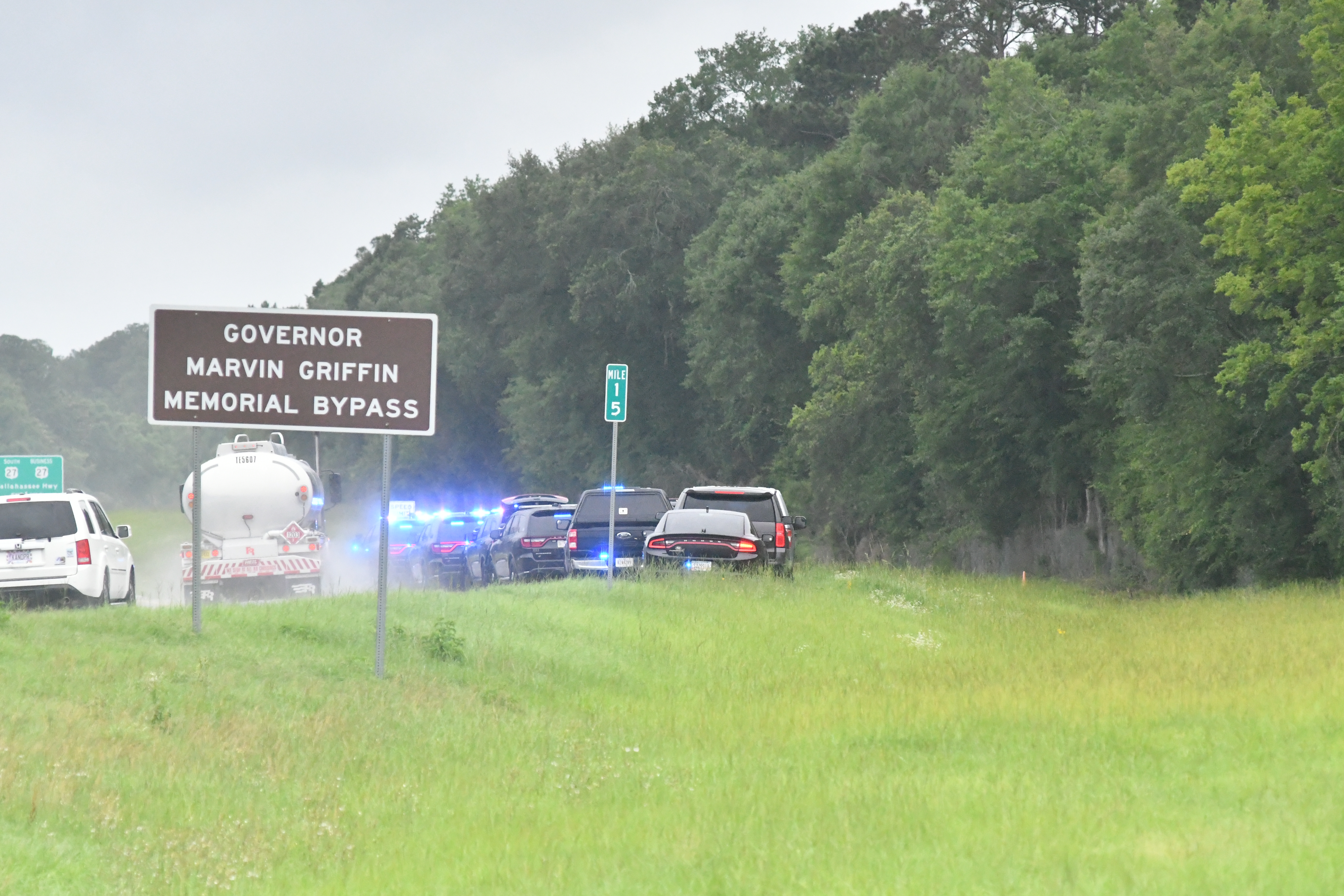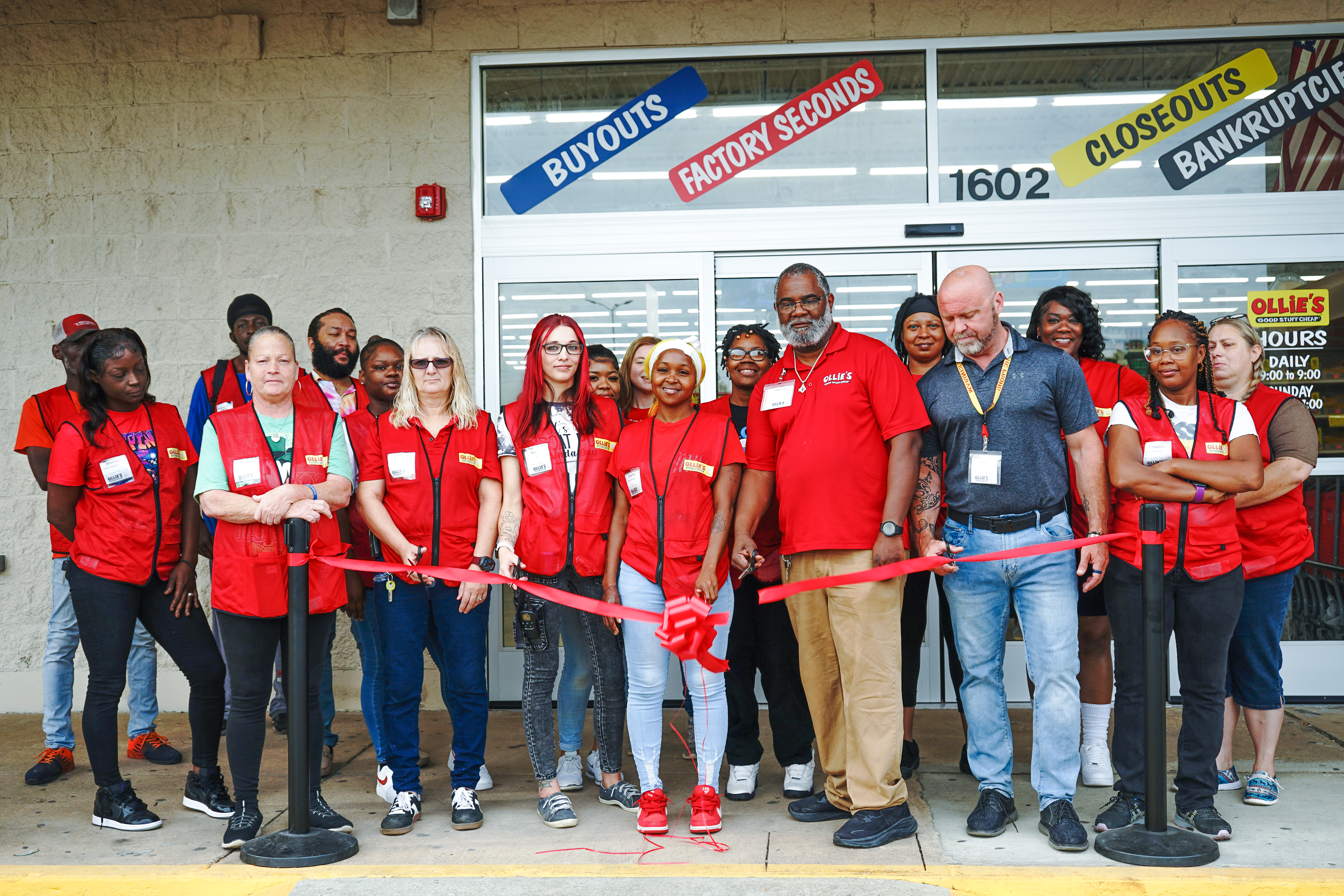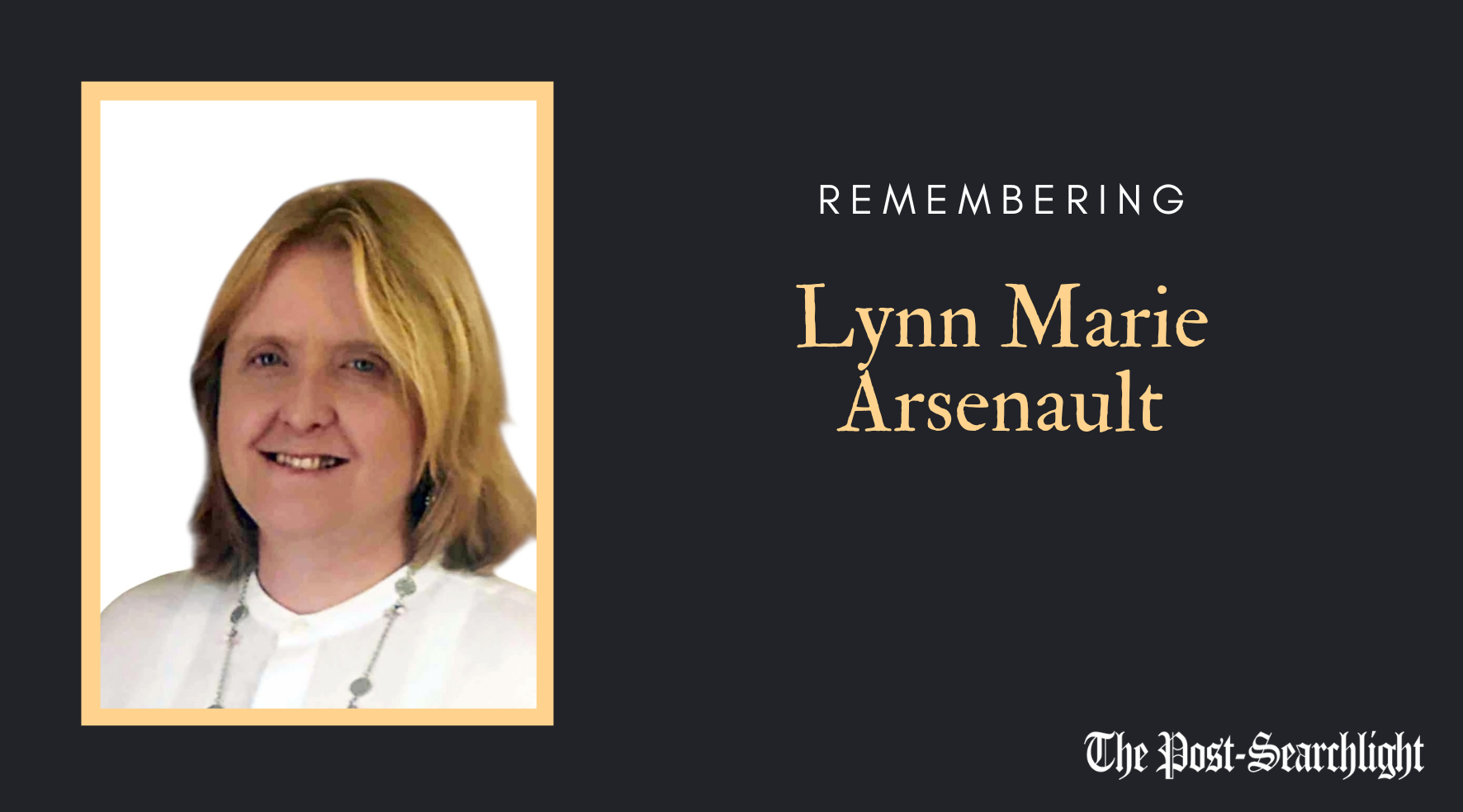Golden Triangle helps upgrade household water well systems
Published 9:40 am Wednesday, February 24, 2021
|
Getting your Trinity Audio player ready...
|
The federal Safe Drinking Water Act regulates the nation’s public drinking water supply, safeguarding drinking water for most US residents — but it does not apply to all drinking water sources. It is estimated that over 40 million Americans approximately 12% of the US population rely on federally unregulated private wells for drinking water. These private wells are not necessary regulated by any agency for safety, but more importantly, many rural residents are without water when wells fail either from age, little or no maintenance, or the ability to pay for either. Golden Triangle has implemented the USDA Rural Utilities Division Household Water Well loan program since 2010. The program is designed to help low-income rural homeowners construct or upgrade household water well systems. The loan program compliments environmental initiatives and provides support for rural residents. Their mission is to increase economic opportunity and improve the quality of life for rural residents. Individuals may be eligible for loans if their annual household income does not exceed 100 percent of their state or territory’s median non- metropolitan income. This loan may not be used for home sewer or septic system projects.
Many rural residents do not live near a centralized water system; therefore, it is essential that rural residents have access to wells that are safe and working. Through 2020, Golden Triangle RC&D Council has installed or repaired over 110 wells for low- income citizens. Golden Triangle continues to see ongoing need for this program among area rural residents who often have very few, if any, other options to recover lost drinking water access. Two exceptionally good reasons for the water well program lived without clean well water for years due to lack of resources:
JoAnn Bogan lives in rural Terrell County. A mother of two, she was without a well for years until she heard about the Household water well loan program available through Golden Triangle.
“First of all, my well ran out in 2011. I could not afford a new well nor [could I] afford a loan. I heard about a program at the community center as someone had mentioned they threw away a paper about a program for low- income folks for new wells.”
Bogan and others went through the trash and found that piece of paper, gave Golden Triangle a call, and talked to Rhonda Gordon.
“In three days, I received an answer that I was approved for a new well,” says a grateful Bogan.
What did she do those years without a well and clean water? She had gracious neighbors who allowed her to run a hose to her trailer, or she toted water in whatever container she had.
“After my call to [Golden]Triangle, in about three or four weeks, I had a new well and thank God for the folks who helped me. They don’t even know me and helped me without knowing anything about me,” said Bogan.
Now she keeps everyone advised on opportunities. “I try to keep everybody informed and I appreciate being able to depend on my neighbors for help and the folks at Golden Triangle who work at helping those in need in our rural communities.”
Water is life: the number one source of nutrition. The human body is made of 60% water, and this is a clear enough indication of the importance of water. Humans need to be adequately hydrated for their physiological systems to function. Water helps maintain organ health and allows the blood to maintain the consistency it requires to flow freely and transport oxygen and nutrients to every cell of the body.
The lives and health of this family has benefitted from clean water that was affordable and available.
Ms. Judith Coone lives in Thomas County Georgia on a couple of rural acres. She grew up in Florida but says she ‘got back to Georgia about 30 years ago.’
When she noticed her well water looked bad and discolored, she carried water from her neighbors in pint jars and whatever container she could find for a couple of years.
“My water had started to discolor clothing, towels and bath and kitchen sinks and tub, and ruined the dishwasher, and I certainly didn’t want to drink it.”
“At 76 and living alone, I would take a shower, but couldn’t drink it, or wash my clothes in the red water,” says Coone.
“I got aggravated and called Gainous Well Company and when speaking with the wife of the owner, I learned about funds for low-income families, since I didn’t have the funds, nor could I pay back a loan at the bank and had other debts to pay first.”
She called Golden Triangle RC&D Council.
Ms. Coone adds, “I was so happy to get the help from Golden Triangle and now I can wash clothes and drink fresh water. It took a couple of months after the call and completing some paperwork, and I have no complaints at all and appreciate everything from Golden Triangle.”
She adds, “They are just great folks, and having clean, drinkable water is so much better than toting water from the neighbors!”
Every citizen should have access to clean water no matter where they live: access to clean, reliable running water and safe sanitation are standard conditions for health, prosperity, and wellbeing. However, it remains out of reach for some of the most vulnerable people in the United States: communities of color, lower-income people in rural areas, and tribal communities, among others. Today, it is estimated that more than two million Americans lack access to running water, indoor plumbing, or wastewater services.
For more information on the Golden Triangle RC&D Household Water Well Loan Program and the Household Water Well Testing Program please visit the Golden Triangle website at www.goldentrianglercd.org/waterwell or call 229-995-2027.





